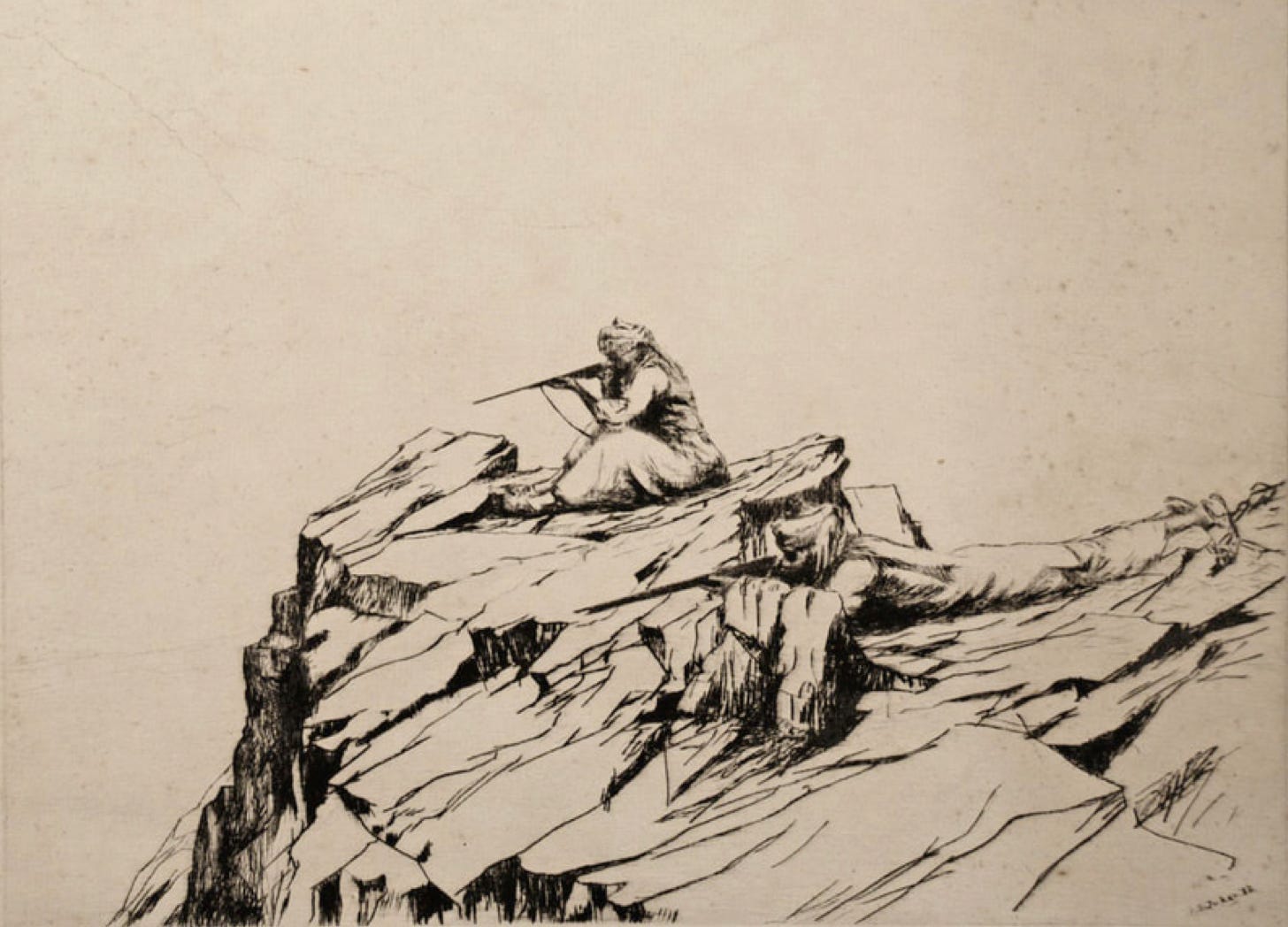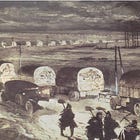Tuker on Tactics
Can tactics be taught?
The extraordinary ambivalence of our commanders and their inability to seize upon the occasion can only have been due to the training they had been given and especially to that given at our Staff College in England, where the occluding clouds of 1914-1918 hung over the teaching and settled damply upon all original thought. Gideon and Scipio Africanus would have had a thin time. The swiftness of the coming tactics, of communications and mechanization, were unimaginable in a conception which was slowed down to the pace of a horse pulling a limber, and to the cavalry ‘Affair of Cérizy’ of 1914.
This spellbinding traditionalism continued at that place until well into the late ‘twenties and much of it held on until later. Unfortunately, it was therefore the pattern for the Staff College in India. Excellent staff officers emerged, men capable of the highest efficiency, exemplified by such great projects as ‘Overlord’, but inevitably there came forth astonishingly few capable fighting commanders for a war of manoeuvre. Paper, paper, and more paper! The diagrammatic rigidity of the 1918 artillery governed battle, and minds became conditioned by it.
It should be forbidden to teach tactics, even on the ground, at such an establishment and certainly never on paper. Tactics are absorbingly interesting and especially so when full-sized units and formations are out on the country, free to act against each other within the loosest of the instructions to the umpires. There is no such thing as a tactical doctrine; and tactics which are mulled about and produced from a junta of instructors are only the compromise which in war falls in the dust. The interest of officers and men in the subject must be maintained at all costs; therefore, on no account should it be made the subject of an examination.
Sir Francis Tuker, Approach to Battle, (London: Cassell, 1963), pages 144-145
The Pattern of War, which lays out Tuker’s view of the relationship between mobile operations and position warfare, can be found here, at the Internet Archive.
To Subscribe, Support, or Share:






Read pattern of war thanks